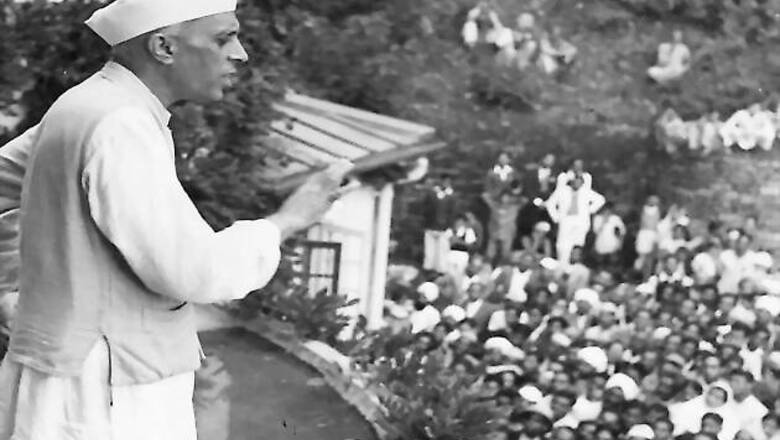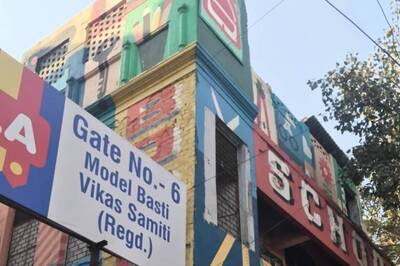
views
New Delhi: Keeping majoritarianism and and authoritarianism at bay is the best means of managing India's extraordinary diversity and holding the country together, Congress president Sonia Gandhi has said.
Quoting Jawaharlal Nehru in her article "Architect of Modern India" on '50 Years After Nehru' in 'The Week' magazine, she said that Nehru's warning of the danger of authoritarianism creeping into democracy has resonance even
today.
"Nehru also saw in democracy the best means of managing India's extraordinary diversity and holding the country together. He was clear, however that it could only do if the majoritarianism, religion and authoritarianism were kept at bay," Sonia wrote quoting Nehru.
She also said that secularism was more than an ideal and was a compelling necessity in a country like India so that minorities felt safe. "Secularism was more than an ideal, it was a compelling necessity. It meant making every minority group feel safe, assured of protection and equality in the eyes of the Indian state. There could be no Indianness, no India without secularism," she wrote.
Describing Nehru's style to be "as unique the man himself", Sonia said that in striking contrast to present day politics of political skulduggery and vote bank, the former Prime Minister's was like an extended and intimate conversation with all sections of people.
"In a striking contrast to the kind of politics we now see: no political skulduggery, no rabble rousing, no pursuit of power for its own sake and no vote bank politics. Nehru's 44 years in politics were like an extended and intimate conversation with all sections of our people," Sonia wrote.
She said that Nehru offered India toil, hope, modernity and pride and not the least of his achievements lay in moulding a new intellectual outlook and social sensibility in several succeeding generations of people. "Its watchwords were science not superstition, rationality not revivalism, spirituality not religion," she said.
Sonia cites an anonymous article parodying himself in which he had written, "Men like Jawaharlal with all their capacity for great and good work are unsafe in democracy... "He has all the makings of a dictator in him-vast popularity, a strong will directed to a well defined purpose, energy, pride, organisational capacity, ability, hardness and with all his love of the crowd, an intolerance of others and a certain contempt for the wean and inefficient... "His over mastering desire to get things done, to sweep away what he dislikes and build anew, will hardly brook for long the slow processes of democracy.
He may keep the husk but he will see to it that it bends to his will.... "Caesarism is always at the door and is it not possible that Jawaharlal might fancy himself as Caesar? Therein lies danger for Jawaharlal and for India. We want no Caesars," she wrote.




















Comments
0 comment